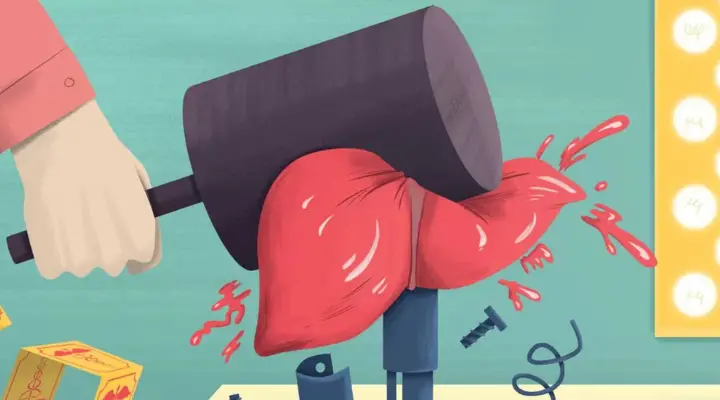4. Shape and Size
The shape and size of your poop can also provide valuable insights into your digestive health. While poop comes in various shapes and sizes, there are some general characteristics to be aware of.
- Well-Formed: Healthy poop is usually well-formed and easy to pass. It should have a smooth surface and maintain its shape as it exits the body. Irregularities in shape, such as narrow or pencil-thin stool, could indicate issues such as bowel obstruction or narrowing of the colon.
- Large or Bulky: Large or bulky stool may indicate a high-fiber diet, which promotes regular bowel movements and helps maintain digestive health. However, excessively large stool may also be a sign of constipation if it is difficult to pass.
- Small or Pellet-Like: Small, pellet-like stool can be a sign of constipation or a lack of fiber in the diet. It may indicate that the stool is spending too much time in the colon, allowing too much water to be absorbed and resulting in hard, dry stool.
5. Frequency
The frequency of your bowel movements, or how often you poop, can vary from person to person. While some individuals may have multiple bowel movements per day, others may only have a few per week. Changes in bowel habits can provide valuable insights into your digestive health.
- Regular: A regular bowel movement pattern is essential for maintaining digestive health. While the definition of “normal” varies from person to person, most people typically have bowel movements anywhere from three times a day to three times a week.
- Increased Frequency: An increase in the frequency of bowel movements may be a sign of conditions such as diarrhea or an overactive thyroid gland. It can also be caused by factors such as stress, dietary changes, or certain medications.
- Decreased Frequency: A decrease in the frequency of bowel movements may be a sign of constipation, which can be caused by factors such as dehydration, a low-fiber diet, or certain medications. Chronic constipation can lead to discomfort and other digestive issues if not properly managed.







